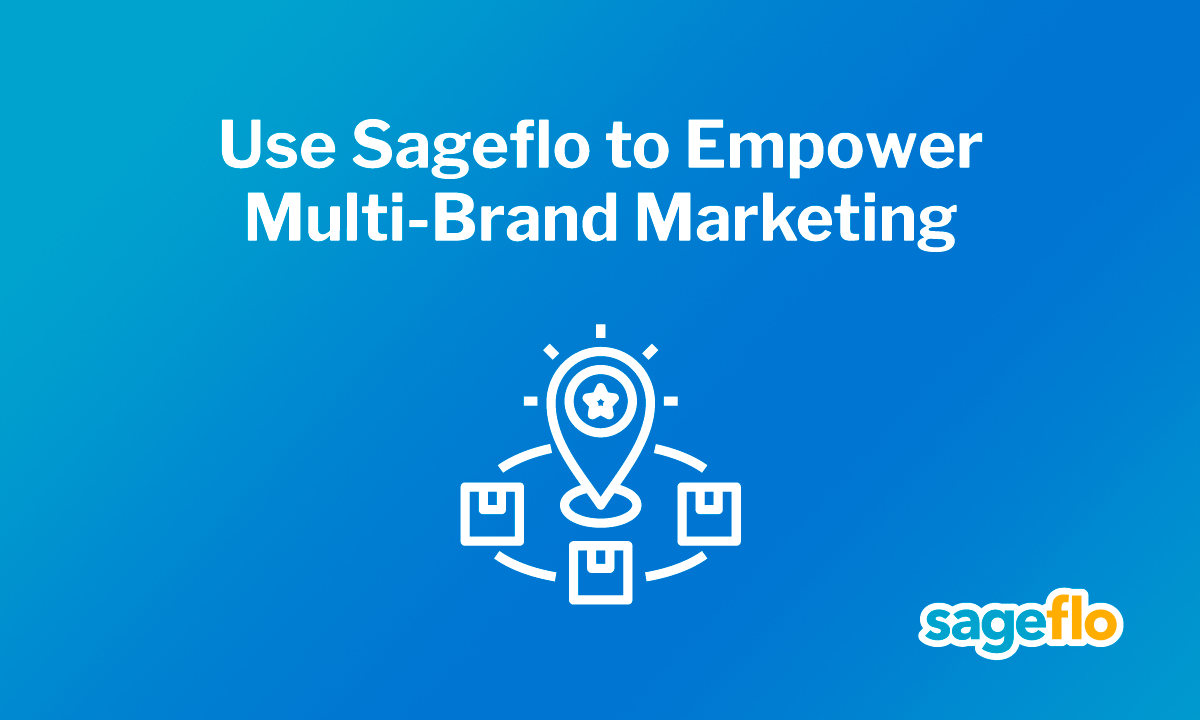
“This industry, Saas, and behavioral marketing are too small to screw people over. Everyone is three degrees from one another, so let’s all try and do a small kindness for one another.”
A few weeks ago, I attended Shoptalk in Las Vegas where I kept running into old friends from my work life. I’ve been in SaaS since 1999, but email marketing as a focus since 2003, so the +4,700 people on LinkedIn shouldn’t be a big surprise. What is a surprise to me, is the frequent and varied manner in which we all intersect.
One friend, we’ll call Jim (names obfuscated to protect deal cycles), was an old boss and we’ve been friends since Silverpop. Jim now works with Dan (let’s call him) whom I worked with at Lyris after they acquired EmailLabs 15 years ago. Now Dan and Jim work together at a cool real-time marketing platform firm that enables businesses to understand and deliver a contextual experience for their prospects and customers to influence desired outcomes.
Jim and I were walking the floor catching up on family and such when the head of a fabulous Quebec-based professional services firm specializing in commerce and digital transformations walked by, slapped my arm, said hi, and rushed off to a meeting. I had one of those mental gap moments where I couldn’t recall his name but knew from whence, I knew him… those are awesome. Just as Jim was heading back to his booth, I recalled the cool agency guy’s name and blurted it out. Jim stopped, turned around, and said, “wait, that’s him, he’s on my shortlist of people to find at this show!” We rushed back in his general direction and finally found him in a meeting. Long story short, I’m helping them get together for a call now.
Why Should I help Jim?
I know and trust Jim, and I know the Canadian marketer is smart and always looking for the next cool thing. What’s the downside to me introducing these two people whom I know and trust? Nothing. What’s the upside to me? Nothing immediately. Jim’s not going to give me a finder’s fee. But I know that reputation is everything and the big wheel always has a turn.
Dr. Feelgood: Why Selfless Giving Makes Us Happier
According to a paper by Saulin, A., Baumgartner, T., Gianotti, L.R.R. et al. Frequency of helping friends and helping strangers is explained by different neural signatures. They tracked a neural baseline activation in the right dorsolateral prefrontal cortex (DLPFC) – a brain region associated with self-control and strategic social behavior – predicts the daily frequency of helping friends, whereas the daily frequency of helping strangers was predicted by neural baseline activation in the dorsomedial prefrontal cortex (DMPFC) – a brain region associated with social cognition processes. In short, helping, or giving, fire up different parts of our brain. It’s like Bill Murray’s speech at the end of Scrooged:
It’s Christmas Eve.
It’s the one night of the year when we all act a little nicer; we smile a little easier, we cheer a little more.
For a couple of hours out of the whole year, we are the people that we always hoped we would be.
It’s a miracle. It’s really a sort of a miracle because it happens every Christmas Eve. And if you waste that miracle, you’re going to burn for it.
I know what I’m talking about. You have to to do something. You have to take a chance. You do have to get involved.
There are people that are having trouble making make their miracle happen.
And if you give, then it can happen. Then the miracle can happen to you.
It’s not just the poor and the hungry; it’s everybody who has got to have this miracle. And it can happen tonight for all of you.
If you believe in this spirit thing, the miracle will happen, and then you’ll want it to happen again tomorrow.
You won’t be one of these people who says, “Christmas is once a year, and it’s a fraud.” It’s not. It can happen every day.
A Mitzvah
Over coffee recently, my friend, Steve Gershik reminded me of Maimonides’ Eight Levels of Charity- the highest is to help a friend to gain employment (which Steve and Jim have both done for me), or ensure they are not dependent on others. A lesser is to give to an unknown recipient, who also is unaware of the benefactor. Each degree of giving down is less altruistic until the gift is given unwillingly. My goal with Jim is to simply repay many small (and one big) favors he’s done for me over the years. My goal with the Canadian marketing executive is to share something I think would be cool for his firm. In Maimonides’s perspective, it is a middling thing, a small favor.
Reputation Rules
Had Jim asked me to introduce him to someone that I didn’t feel was a good fit, I would have told him. If Jim had been a bad actor in the past and played loose with deliverables, I would have avoided him. This industry, SaaS, and behavioral marketing are too small to screw people over. Everyone is three degrees from one another, so let’s all try and do a small kindness for one another tomorrow and then we’ll want to be like Bill and want that feeling every day.
Contact us with any questions or comments.




